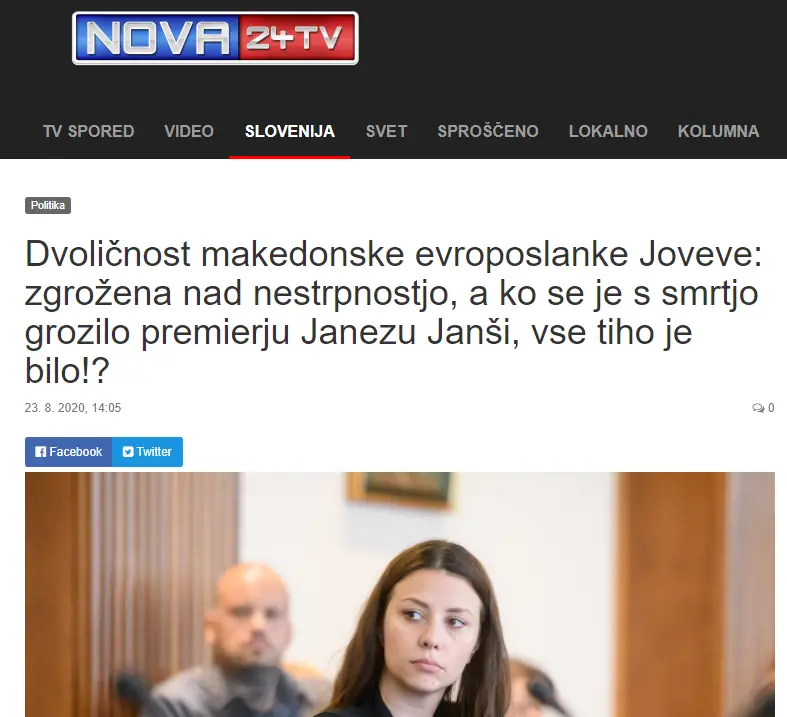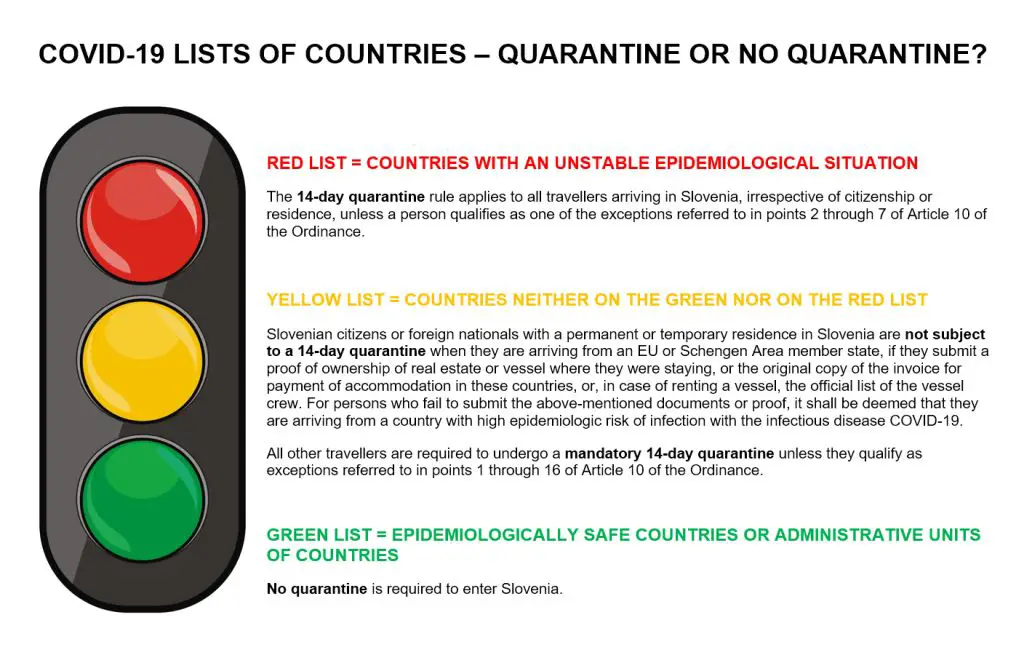FRIDAY, 14 August
LJUBLJANA - Infrastructure Ministry State Secretary Blaž Košorok told the STA that Slovenia is and will remain a nuclear country. The government recently placed a new nuclear reactor in Krško on the list of strategic projects and while this does not mean a final decision has been made, he said Slovenia will continue relying on nuclear energy.
LJUBLJANA - Chinese tech company Huawei said it was surprised by the joint declaration on security of 5G networks which Slovenia has signed with the US, stressing that any kind of discrimination and restrictions to the free market always have a negative impact. Huawei Slovenia representatives reiterated that the company respected all standards in cyber security and posed no threat to Slovenia.
LJUBLJANA - The Environment Ministry for the first time ever launched a procedure to allow other public interests to prevail over nature conservation. The unprecedented procedure was launched for the Mokrice hydro plant on the Sava river on 5 July and is soon to be launched for a series of hydro plants on the central Sava, Dnevnik newspaper reported.
SATURDAY, 15 August
BREZJE - Cardinal Franc Rode, often vocal in his criticism of the Slovenian state in the past, praised President Borut Pahor and Prime Minister Janez Janša for their efforts towards national reconciliation to overcome divisions stemming from WWI. "We waited a long time for a statesman with the courage and understanding," he said, adding that the state leadership was the only stakeholder in reconciliation, being the successor of the leadership of the former Yugoslavia.
MONDAY, 17 August
LJUBLJANA - The council of the coalition Pensioners' Party (DeSUS) postponed to 25 August the vote on whether party leader Aleksandra Pivec should further enjoy the party's confidence. DeSUS council head Tomaž Gantar, the health minister, said the reason for the postponement was the weekly government session.
LJUBLJANA - The Supreme Court reacted to PM Janez Janša's criticism of the temporary suspension of Ljubljana District Court judge Zvjezdan Radonjić. It said the persistent encroachment of one branch of power upon the powers of another branch could undermine the principle of division of power and lead to "political supremacy over the rule of law".
LJUBLJANA - The Slovenian contact tracing app #OstaniZdrav became available for Android devices. The app was localised on the basis of the German Corona-Warn-App under the contract the government signed with developer RSteam. In the first day roughly 5,000 people downloaded it.
TUESDAY, 18 August
BRDO PRI KRANJU - Education Minister Simona Kustec announced that all primary and secondary school children would return to school as the new year begins in September. If the epidemiological situation worsens considerably, the plan could still change.
LJUBLJANA - Public Administration Minister Boštjan Koritnik indicated that after deploying a voluntary contact tracing app, Slovenia would start work on an app that would be mandatory for people with confirmed coronavirus infections and those ordered to quarantine. The app would be separate from the voluntary app and deployed only in the event the situation deteriorates.
LJUBLJANA - President Borut Pahor and his German counterpart Frank-Walter Steinmeier held a telephone conversation to stress the importance of European unity in facing the Covid-19 pandemic and in relation with other strategic challenges in the EU. The EU should also be united in tackling challenges in its immediate neighbourhood, they said.
LJUBLJANA - Jurist Andraž Teršek, who failed to get elected a Constitutional Court judge by parliament in mid-June, withdrew a constitutional appeal that sought to annul the vote and order a new vote on his bid. He said there was not enough time for the court to decide on the appeal over invalid ballots before the deadline for new bids.
LJUBLJANA - Slovenia's leading insurance group, Triglav, reported EUR 33.5 million in net profit for the first half of 2020, a 3% decrease year-on-year. The group posted EUR 673.4 million in consolidated gross written premium, up 7% compared to the same period in 2019.
WEDNESDAY, 19 August
LJUBLJANA - Prime Minister Janez Janša told a virtual EU summit the EU's primary concern is that the fundamental rights and freedoms of Belarusians, including the right to free and fair election and self-determination about their international connections, are respected. He said Russia should recognise these rights as well.
BELGRADE, Serbia - Slovenia's new Ambassador to Serbia Damjan Bergant presented his credentials to Serbian President Aleksandar Vučić, who expressed the wish that the new ambassador contribute to better relations between the two countries.
BUDAPEST, Hungary - Slovenia's football champions Celje defeated Ireland's Dundalk with a clean 3:0 in the first round of the first qualifying round for the UEFA Champions League and will face Norway's Molde in the second round.
LJUBLJANA - Police caught 257 foreign citizens who entered Slovenia illegally and seven people smugglers, as part of enhanced border control carried out overnight. The purpose of enhanced control was to prevent and detect illegal crossings of the border in areas of the country most at risk of illegal migrations.
THURSDAY, 20 August
LJUBLJANA - Slovenia put Croatia on the red list of countries from which travellers must undergo a mandatory 14-day quarantine as of 21 August. The government also put in place a number of exemptions for frequent cross-border commuters to make sure trade, commerce and cross-border ties run smoothly.
LJUBLJANA - The government formally established a Demographic Office, a body that will monitor and analyse demographic trends, and draft strategic documents and policies for the field. It will be formally set up in Maribor within 15 days and be led by a minister without portfolio from the ranks of the Pensioners' Party (DeSUS).
LJUBLJANA - The government decided Slovenia will switch to electronic tolling system for cars as of 1 December 2021. The Infrastructure Ministry said that e-tolling would be a fairer version of the current toll sticker system.
LJUBLJANA - In a landmark ruling for the rights of migrants entering Slovenia, the Supreme Court has overturned an Administrative Court ruling that allowed for no return of migrants to Croatia without a formal decision, the newspaper Dnevnik reported. The Supreme Court argued this is allowed under an agreement on fast-track returns signed by Slovenia and Croatia in 2006.
TREBNJE - Polish private equity fund Innova Capital has sold the outright stake in Trimo, the Trebnje-based maker of prefabricated building components, to Irish concern Kingspan. Details of the deal were not disclosed.
LJUBLJANA - The Chamber of Commerce and Industry (GZS) unveiled a document proposing projects which it believes would give Slovenia's economy a fresh impetus. It said Slovenia should promote domestic consumption and infrastructure projects, and invest in digitalisation, R&D and smart specialisation.







